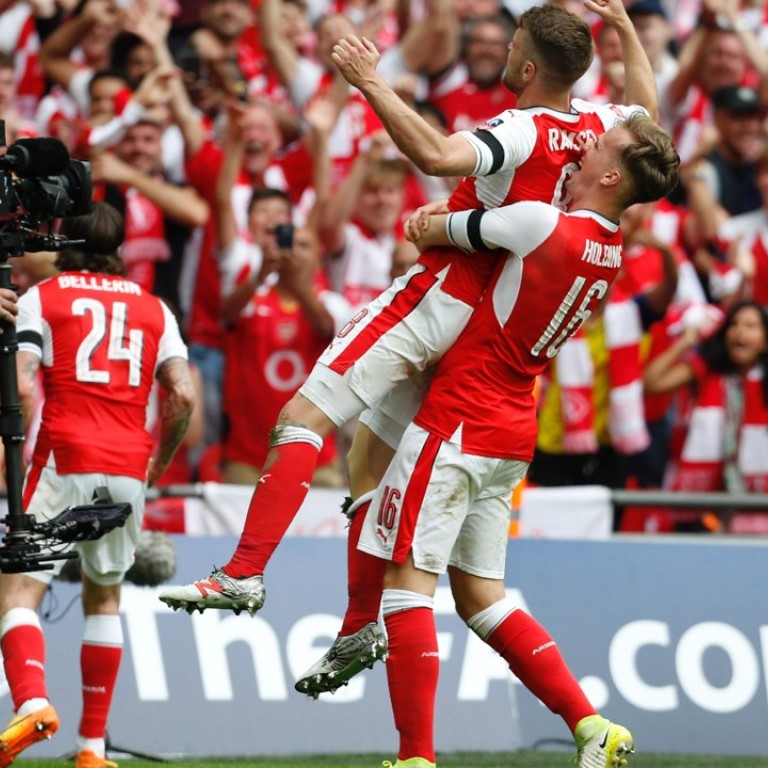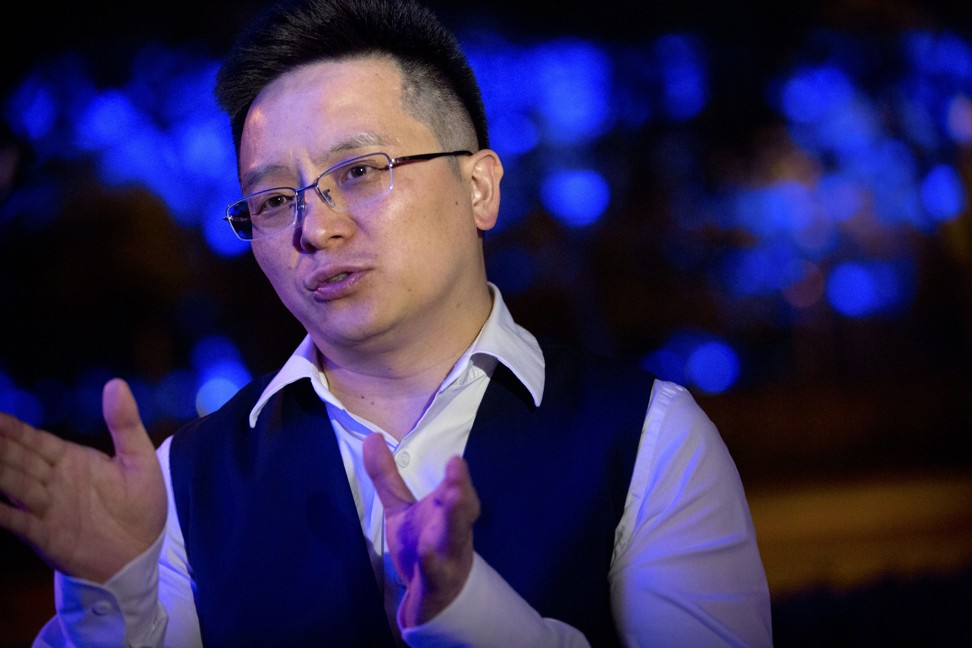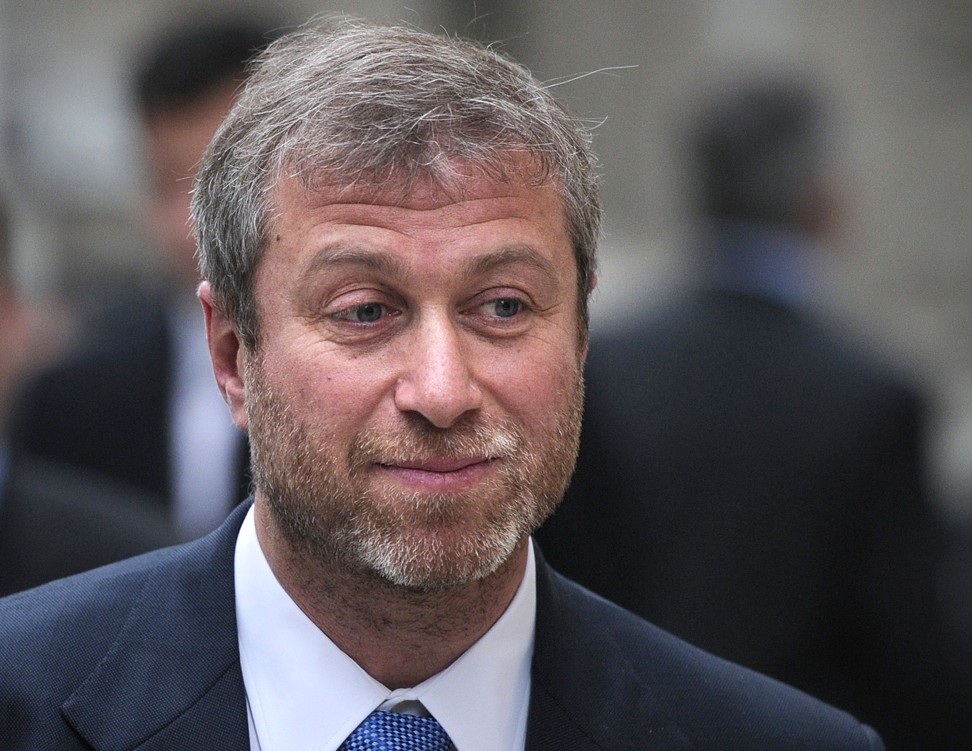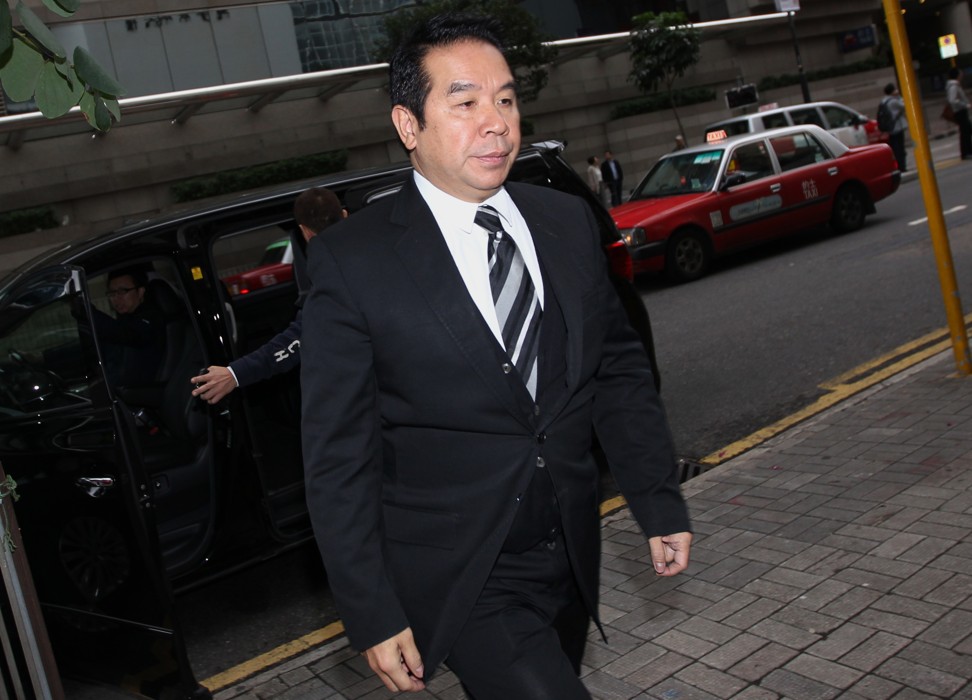
Football investment: vanity, ego and sheer fandom, or hard-headed business?
There will always be another hapless individual willing to give ownership a go, but bear in mind no one has ever sold a major franchise for less than they paid
Arsenal Football Club fans have been highly critical of Stan Kroenke, their club’s major shareholder, accusing him of disinterest and failure to invest – but after last week’s FA Cup victory that criticism is likely to be muted.
Kroenke is not a typical sports club owner, he is very low profile and is criticised for being less than passionate about the clubs he owns because aside from Arsenal, he is also an investor in the NFL’s Los Angeles Rams, the NBA’s Denver Nuggets and the NHL’s Colarado Avalanche.
How can he be passionate about all of them, critics ask?
It may be sport but this is also a serious business in every sense of the word. Or as the legendary football manager Bill Shankly famously said: “Some people think football is a matter of life and death. I assure you, it’s much more serious than that”.
Perhaps this is why so many millionaires and billionaires are clambering aboard the football investment wagon.
Some people think football is a matter of life and death. I assure you, it’s much more serious than that
Chinese businessmen have recently emerged as football’s highest profile new investors.
In England their money has made its mark most recently at Manchester City – China Media Capital and CITIC are buying 13 per cent of City’s parent company for US$400 million – and Aston Villa – sold to a Chinese group owned by Dr Tony Xia Jiantong in a deal worth a reported US$86 million.
Chinese companies have also acquiring some really splashy stakes in Europe, with clubs ranging from AC Milan and Inter Milan to Spain’s Atlético Madrid.

Before proceeding let me declare an interest here as I am lifelong tribal Arsenal supporter.
I say tribal because I am not that interested in footie but went to a school near the Highbury stadium which was famous for producing Arsenal players and we got coaching from the teams’ professionals.
Non-Arsenal supporting numskuls tended to get beaten up, so I was quick to show where my allegiances lay.
In those days players actually came from the locality of the clubs and were very much part of the community. That all ended with the arrival of big business and localism was thrown out of the window and clubs have had to earn business-speak.
This does not mean that owning football clubs is a route to profit.

On the contrary as Hong Kong businessman Carson Yeung ka-sing discovered after taking over Birmingham City, a costly acquisition that damaged the club and added greatly to his financial woes, not to mention the money laundering scam that put him in jail.
However infinitely richer businessmen than the disgraced Yeung have also got into the game and lost more impressive sums of money, which, luckily for them, is money they can afford to loose.
A case in point being Roman Abramovich, the Russian tycoon who owns Chelsea and is reported to have written off more than £1 billion (US$1.29 billion)since acquiring the club in 2003.
Investors from The Gulf have also been spending cartloads of money on football clubs. Sheikh Mansour from Abu Dhabi has also invested £1 billion in Manchester City since 2008 and the Qatar Investment Authority (the country’s sovereign wealth fund) raised quite a few eyebrows by acquiring the French premier league club Paris St Germain.
Other Gulf entities are responsible for either the ownership or the major sponsorship of almost half of the world’s biggest football clubs.

What they get for their money is, yes, you guessed it, demand for even more money. The global accounting firm Deloitte publishes an annual football business survey that regularly confirms the vast amount of money going into the game matched by the dismal returns derived from all this investment.
So, why does there seem to be an endless supply of very rich people wanting to make a really bad investment? An obvious explanation revolves around reasons of vanity, ego and perhaps, sheer fandom.
This also explains why otherwise sensible business people, including notable Hong Kong suckers, head to Hollywood to invest in a business they barely understand, but offers proximity to movie stars and the sheer glamour of the movie industry.
In the case of football investment, some more hardheaded considerations may well also be in play.
Sponsorship and ownership provide fantastic opportunities for advertising and profile raising. The name association with a successful club seems to be particularly attractive to airlines (maybe United might want to give it a try).
But there is also another compelling consideration, one that Kroenke has mentioned on a number of occasions, namely: ‘no one ever sold a major franchise for less than they paid’.
To prove the point he has reportedly been offered US$1.3 billion for his gradually acquired 67 per cent stake in Arsenal by the Uzbeck-Russian tycoon Alisher Usmanov. In the unlikely event that he were to accept, Kroenke would have more than doubled his investment.
What seems to be in operation here is the greater fool principle, in other words regardless of how little profit can be made out of football clubs there will always be another hapless individual willing to give ownership a go.

